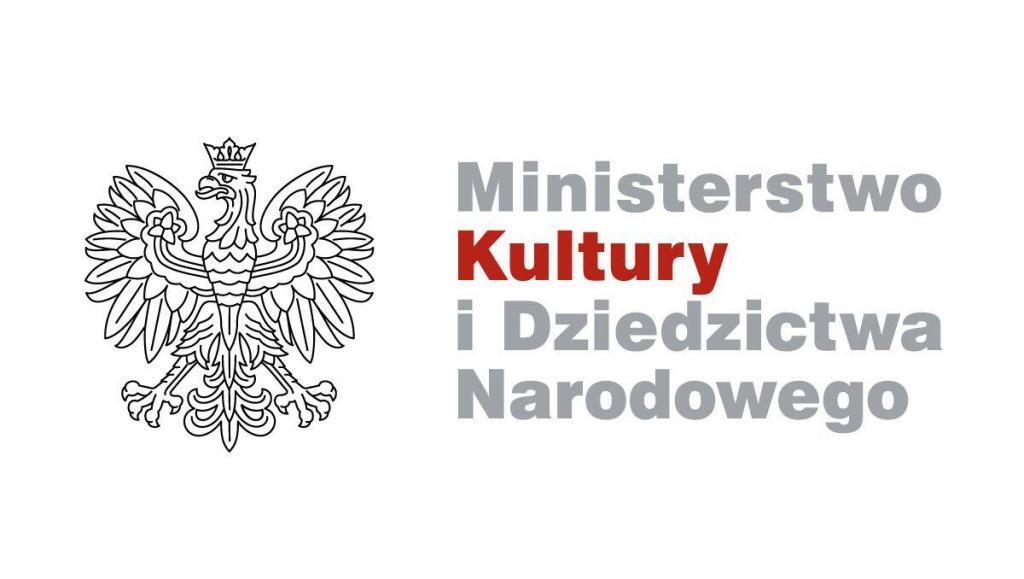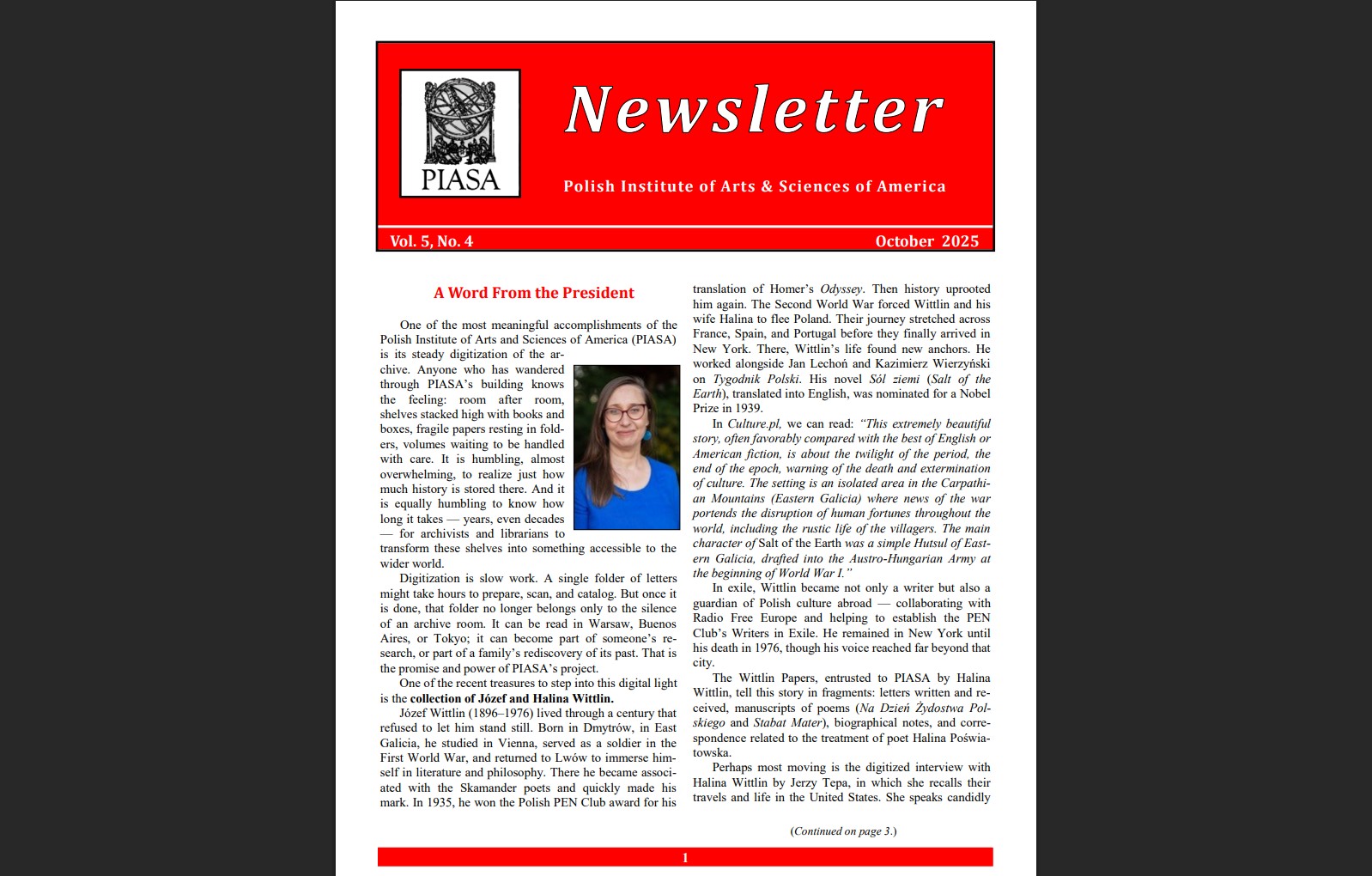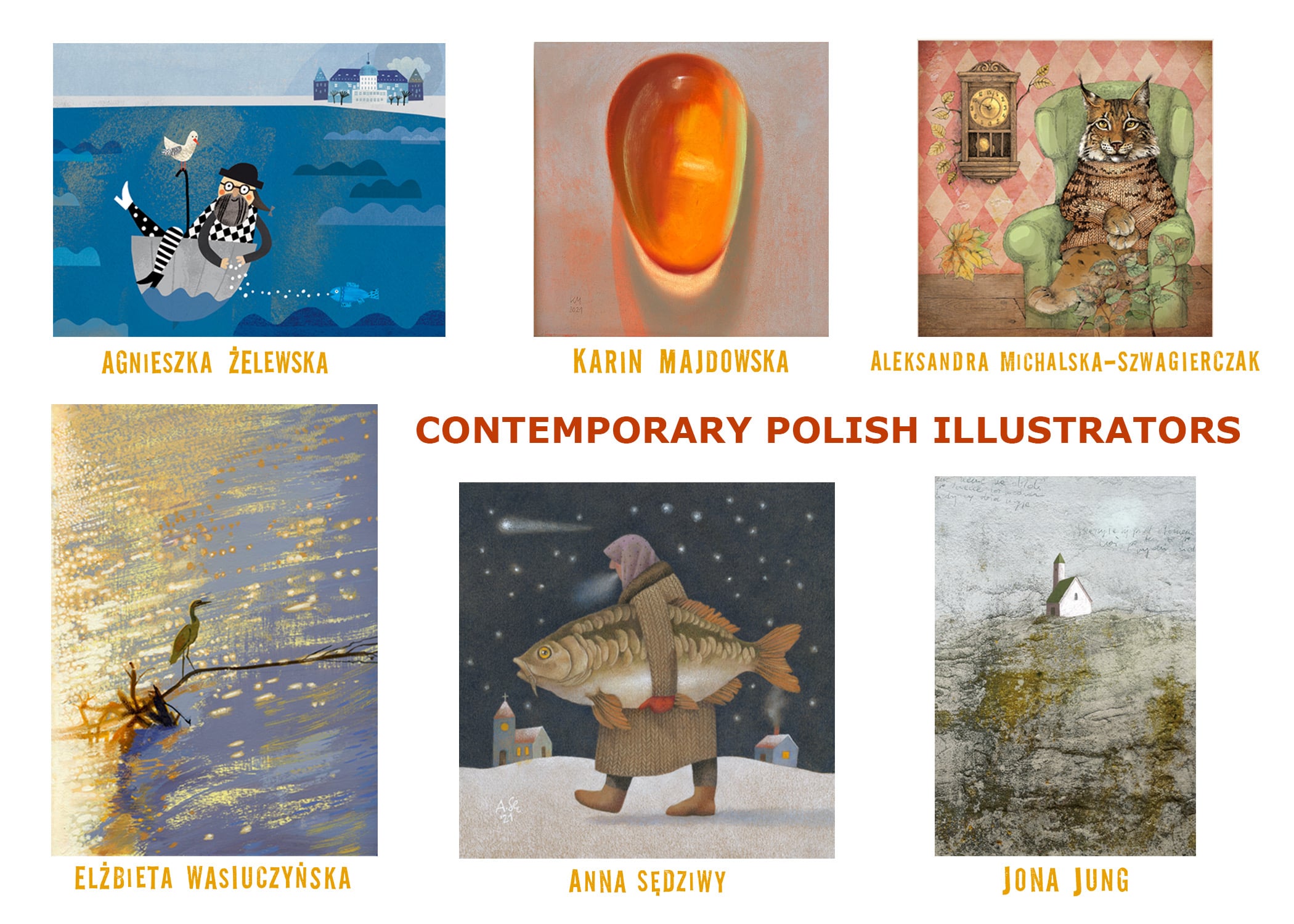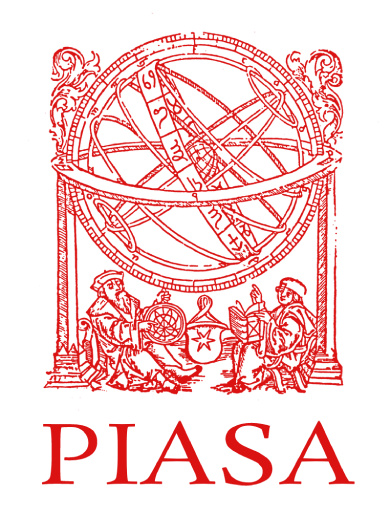Newsletter Vol. 2, No. 2 April 2022
I set my alarm early for February 24 as I prepared to embark on a long road trip from my home in Franklin, Tennessee, to a conference in Richmond, Virginia. After throwing a few last items together, I did a quick check of the news on my iPhone to see if anything had changed in Ukraine. Indeed, it had, horrifically so. A day earlier with war on the horizon, PIASA had endorsed a letter of support and solidarity from the Polish PEN Club to its Ukrainian counterpart. Two days later, PIASA issued its own statement in both English and Ukrainian to condemn in no uncertain terms Russia’s armed aggression against Ukraine (see above). The Board of Directors then began to consider how best to assist Ukrainian refugees who had already crossed the border with Poland by the thousands. As the scale of the humanitarian crisis increased by the day, we settled on a $5,000 donation to UNICEF based on its long-time organizational experience in alleviating the suffering of children, which it now brought to Poland.
Belarus had played host to the launching of Russia’s invasion from the north and, against a backdrop of recent tensions with Poland as the Lukashenko regime sought to push refugees from outside of Europe across the border, we also had to make some decisions about our planned conference in nearby Białystok. The relief from COVID allowed for some positive thinking and, after assessing how the city was managing to support 30,000 Ukrainian refugees at last count, we decided to move forward with the conference. Indeed, if there was ever a need for a conference whose main theme is the borderlands of east central Europe, it is now. At a time when Ukraine is fighting for its territorial integrity and very existence as an independent state, something Poles know only too well from their own history, PIASA’s conference in Białystok can be an expression of appreciation for the experiences and cultures of all peoples who have resided in this critical region of Europe.
― Robert Blobaum, PIASA President
Other News
2025 PIASA Award Recipients
Newsletter Vol. 6, No. 1 January 2026
CONTEMPORARY POLISH ILUSTATORS – Art Exhibition
Newsletter Vol. 5, No. 4 October 2025
Navigation
Get Connected
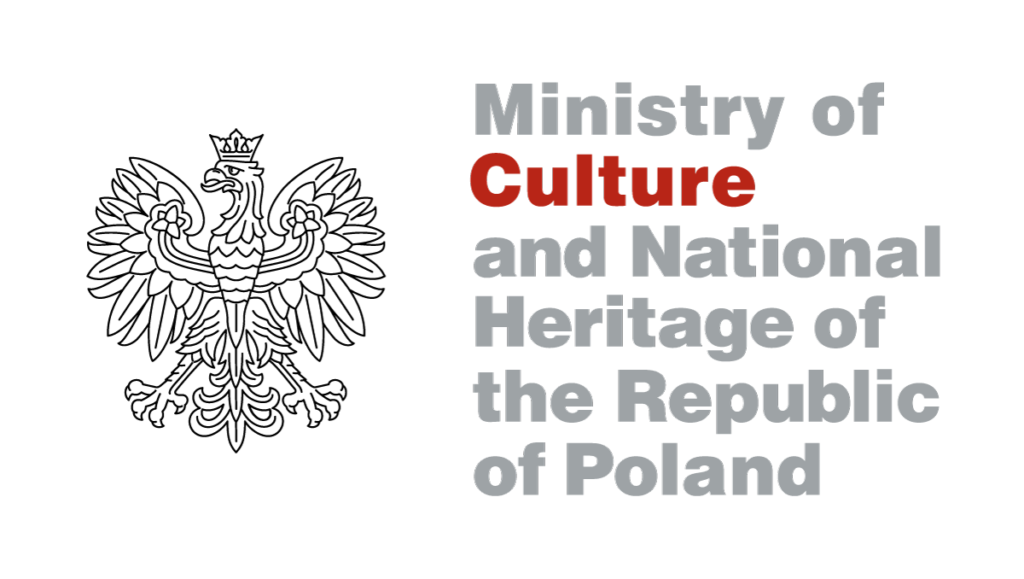
Co-financed by the Ministry of Culture and National Heritage of the Republic of Poland
